COURSE OVERVIEW
PROCESS & CHEMICAL ENGINEERING
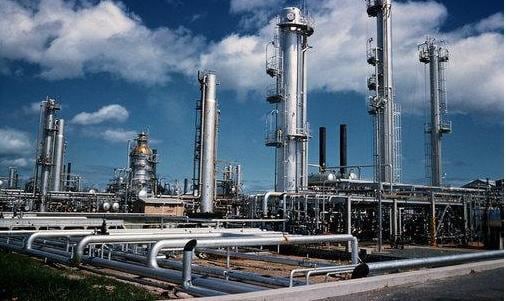
OVERVIEW
| COURSE TITLE | : | PE0910 : Refinery Production Operations & Petroleum Products |
| COURSE DATE | : | Jan 22 - Jan 26 2024 |
| DURATION | : | 5 Days |
| INSTRUCTOR | : | Mr. Mervyn Frampton Days |
| VENUE | : | London, United Kingdom |
| COURSE FEE | : | $ 8800 |
| Request For Course Outline | ||
OTHER SCHEDULED DATES
| Date | : | Mar 03 - Mar 07 (5 Days) | Location | : | Dubai, UAE | Classroom Fee (US$) | : | $ 5500 | Course Info |
| Date | : | Mar 04 - Mar 07 (4 Days) | Location | : | Doha, Qatar | Classroom Fee (US$) | : | $ 5000 | Course Info |
| Date | : | Mar 04 - Mar 08 (5 Days) | Location | : | London, United Kingdom | Classroom Fee (US$) | : | $ 8800 | Course Info |
| Date | : | May 26 - May 30 (5 Days) | Location | : | Istanbul, Turkey | Classroom Fee (US$) | : | $ 6000 | Course Info |
| Date | : | Jun 24 - Jun 27 (4 Days) | Location | : | Al Khobar, KSA | Classroom Fee (US$) | : | $ 4500 | Course Info |
| Date | : | Aug 26 - Aug 30 (5 Days) | Location | : | London, United Kingdom | Classroom Fee (US$) | : | $ 8800 | Course Info |
| Date | : | Sep 09 - Sep 12 (4 Days) | Location | : | Dubai, UAE | Classroom Fee (US$) | : | $ 4500 | Course Info |
| Date | : | Dec 16 - Dec 19 (4 Days) | Location | : | Abu Dhabi, UAE | Classroom Fee (US$) | : | $ 4500 | Course Info |
| Date | : | Dec 22 - Dec 26 (5 Days) | Location | : | Dubai, UAE | Classroom Fee (US$) | : | $ 5500 | Course Info |
Course Description
This practical and highly-interactive course includes various practical sessions and exercises. Theory learnt will be applied using our state-of-the-art simulators. The demand for petroleum products is increasing throughout the world. Traditional markets such as North America and Europe are experiencing moderate increase in demand, whereas the other emerging markets are witnessing a rapid surge. This has resulted in a squeeze on existing refineries, prompting a fresh technological approach to optimize efficiency and throughput. Major oil companies and technology suppliers/licensors are investing heavily to revamp their refining technologies in an effort to cater to the growing needs of customers. Even though the nature of crude oil is changing, refineries are here to stay in the foreseeable future, since petroleum products satisfy wideranging energy requirements/demands that are not fully catered to by natural gas, liquefied petroleum gas (LPG), or coal. Refineries are eager to adapt to changing circumstances and are amenable to trying new technologies that are radically different in character. This is evident from the increasing use of different types of refinery process technology and novel separation methods.This course will give an up-to-date overview of most of the refinery production technologies employed by refineries around the world and it is designed provide an extensive and deep knowledge as well as the description of the technology. Further, this course will guide the participants to develop key concepts and techniques to operate, select and optimize refinery processes. The course covers a wide range of topics such general chemistry, organic, chemical used in refinery processes, refinery infrastructure, refinery feedstocks, crude distillation, coking & thermal processes, catalytic cracking, catalytic hydrocracking, hydroprocessing & resid processing, hydrotreating, catalytic reforming & isomerization, alkylation & polymerization, product blending, supporting processes, lubricating oil blending stocks, petrochemical feedstocks, additives production from refinery feedstocks, maintenance & safety and environmental considerations link to course overview PDF
TRAINING METHODOLOGY
This interactive training course includes the following training methodologies as a percentage of the total tuition hours
LecturesWorkshops & Work Presentations
Case Studies & Practical Exercises
Videos, Software & Simulators
In an unlikely event, the course instructor may modify the above training methodology before or during the course for technical reasons.
VIRTUAL TRAINING (IF APPLICABLE)
If this course is delivered online as a Virtual Training, the following limitations will be applicable
| Certificates | : | Only soft copy certificates will be issued to participants through Haward’s Portal. This includes Wallet Card Certificates if applicable |
| Training Materials | : | Only soft copy Training Materials (PDF format) will be issued to participant through the Virtual Training Platform |
| Training Methodology | : | 80% of the program will be theory and 20% will be practical sessions, exercises, case studies, simulators or videos |
| Training Program | : | The training will be for 4 hours per day starting at 09:30 and ending at 13:30 |
| H-STK Smart Training Kit | : | Not Applicable |
| Hands-on Practical Workshops | : | Not Applicable |
| Site Visit | : | Not Applicable |
| Simulators | : | Only software simulators will be used in the virtual courses. Hardware simulators are not applicable and will not be used in Virtual Training |
RELATED COURSES
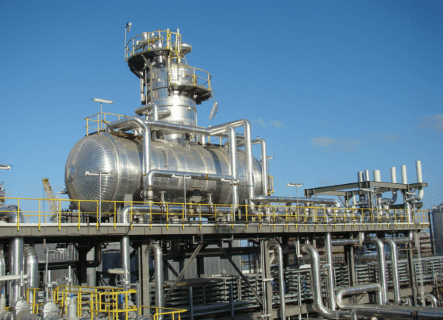
PE0620 : Polyethylene & Polypropylene Manufacturing & Process Troubleshooting
- Date : May 13 -May 16 / 3 Days
- Location : Al Khobar, KSA
- Course Details Register
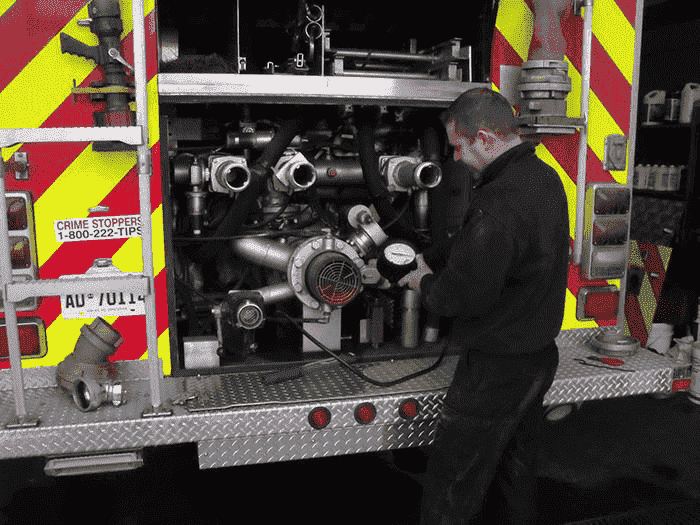
PE0127 : Operations Abnormalities & Plant Upset
- Date : May 13 -May 16 / 3 Days
- Location : Abu Dhabi, UAE
- Course Details Register
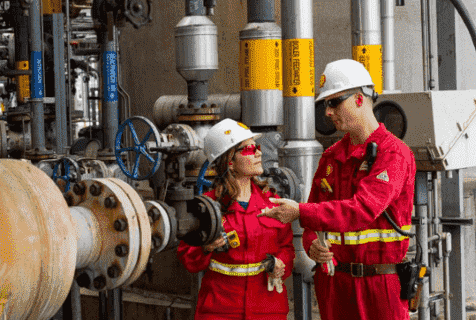
PE0640 : Troubleshooting Process Operations
- Date : May 20 -May 24 / 3 Days
- Location : London, United Kingdom
- Course Details Register
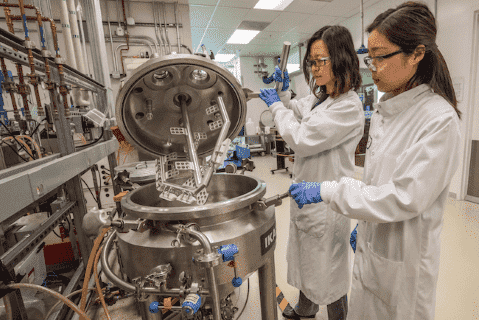
PE0055 : Process Reactors: Operation, Troubleshooting, Start-Up & Shutdown
- Date : Jun 10 -Jun 13 / 3 Days
- Location : Abu Dhabi, UAE
- Course Details Register
